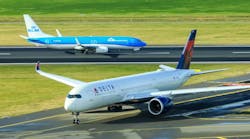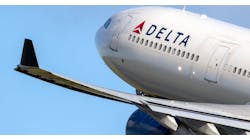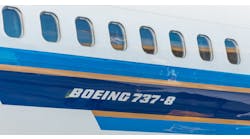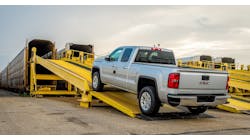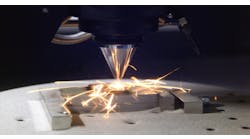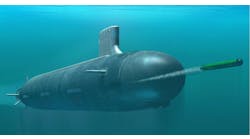The European Aviation Safety Agency issued an inspection order for Rolls-Royce XWB-97 engines installed on Airbus A350-1000 jets, following an engine fire on a Cathay Pacific flight, on September 3. The agency’s ruling overtakes initial efforts by the two manufacturers to contain the review to specific engines under the oversight of the operators of the affected aircraft.
"This action is a precautionary measure, based on the information received from the initial investigation of the recent Cathay Pacific serious incident and on the airline's findings in its own subsequent inspections," according to a statement by EASA executive director Florian Guillermet.
On September 3, a Cathay Pacific flight from Hong Kong to Zurich suffered an engine fire that the crew managed to extinguish before returning to Hong Kong and landing safely, about 75 minutes after takeoff.
An initial investigation by Cathay Pacific discovered a leak in the fuel system caused by a break in a hose connecting a manifold to a fuel-injection nozzle. According to the agency the fire caused heat damage to the engine housing, including ducts used for reverse-thrust on landing.
The Trent XWB-97 is a high-bypass turbofan engine built by Rolls-Royce for the Airbus A350 widebody jet series. The A350-1000 is the larger of two models of that series, with 88 aircraft in service and an order backlog of 210. The more widely adopted A350-900 aircraft is unaffected by EASA’s order.
The EASA directive is intended to conclude whether the damaged hose was the source of or a result from the incident.
"This condition, if not detected and corrected could, in combination with additional failures, lead to a more severe engine fire and resulting damage to an aeroplane," EASA stated.
The agency stipulated that operators of the A350-100s were to perform the inspections within 30 days of its directive, issued on September 5. It does not require that the engines should be removed from service or disassembled, unless damaged parts are discovered.
The directive affects 88 aircraft worldwide according to one report citing global fleet database figures, most of them operated by Qatar Airways (24 jets), British Airways (18), Cathay Pacific (18), Virgin Atlantic (12), Etihad Airways (5) and Japan Airlines (5.)
Hong Kong-based Cathay Pacific reported it has already completed inspections and necessary repairs on all the A350s in its fleet having cancelled dozens of flights following the initial incident.

